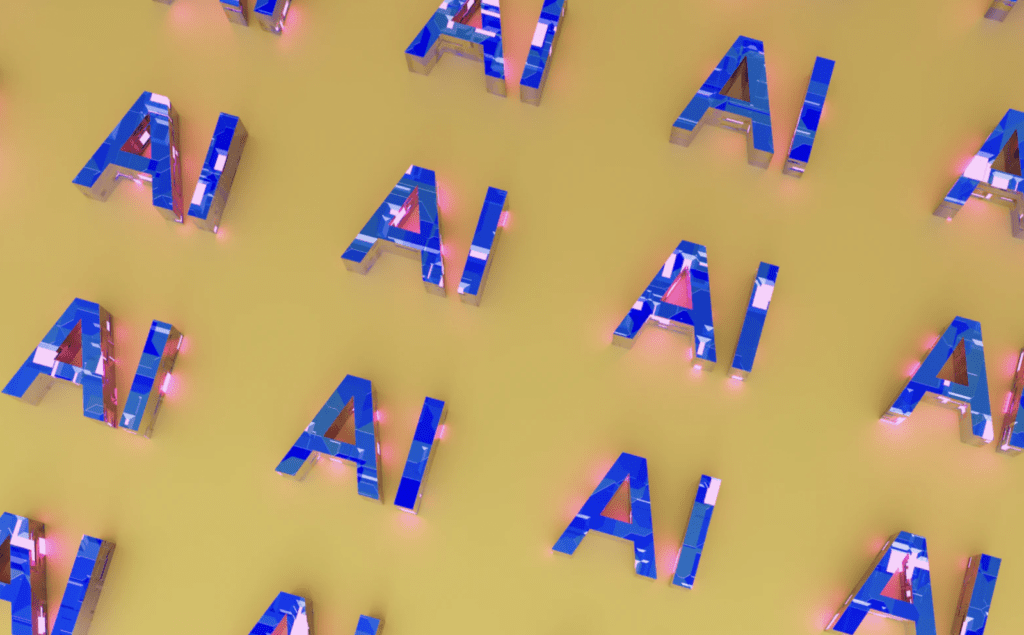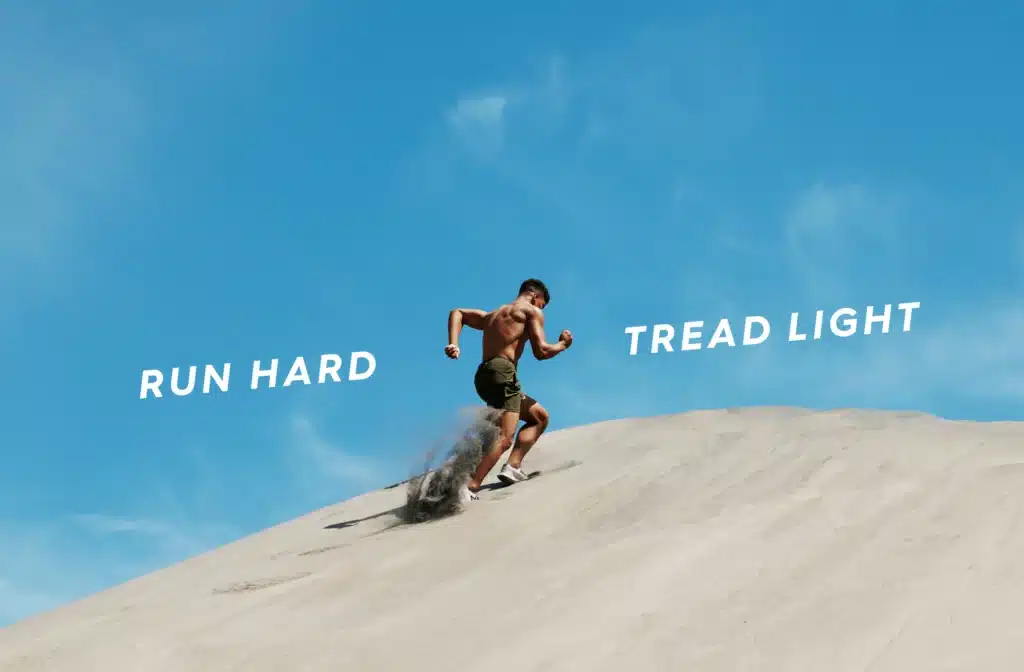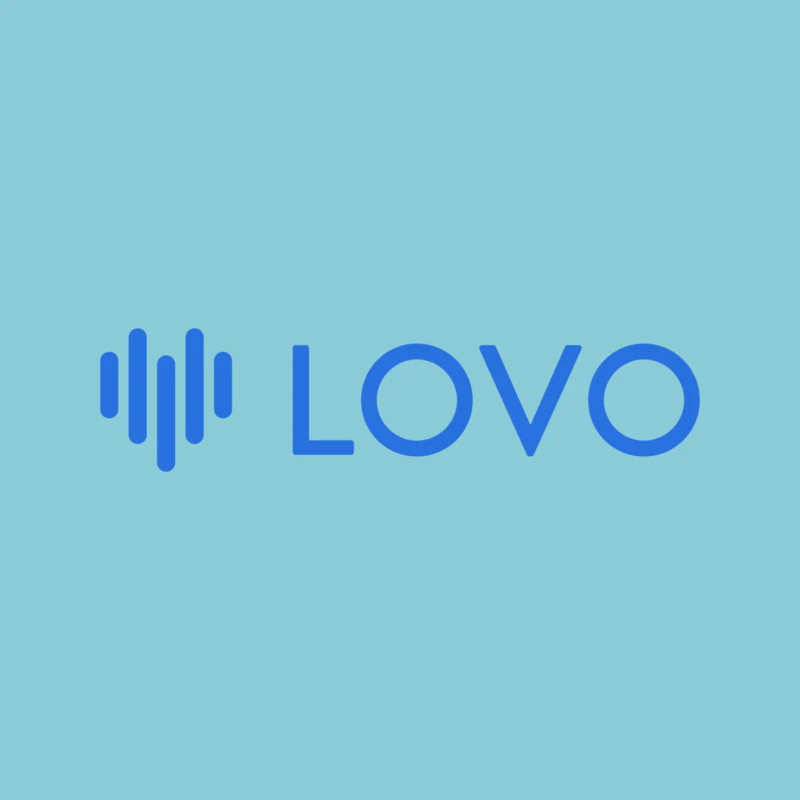A federal court in California has sided in large part with OpenAI in the latest round of a couple of nearly-identical lawsuits that two groups of authors, including Sarah Silverman and Paul Tremblay, (the “plaintiffs”) filed against the generative AI giant last year, alleging that it made unauthorized use of their books to train the language models that power ChatGPT. In a motion to dismiss, the court tossed out the majority of the plaintiffs’ copyright and unfair competition-centric claims, but granted them the opportunity to amend their complaints to take another swing at OpenAI in the closely-watched case.
Some Background: The plaintiffs respectively filed two nearly identical putative class complaints against OpenAI in June and July 2023. In addition to co-opting their copyright-protected books and using them to train its models, the plaintiffs have alleged that when prompted to summarize those books, ChatGPT generated “accurate summaries of the books’ content and themes.” As such, they set out direct copyright infringement vicarious infringement; violation of the Digital Millennium Copyright Act; unfair competition; negligence; and unjust enrichment claims against OpenAI and a number of affiliated entities (collectively, “OpenAI”).
In August, OpenAI lodged motions to dismiss in a bid to get the court to toss out all of the plaintiffs’ claims except for their direct copyright infringement cause of action. (The AI giant has likely opted to keep the direct copyright infringement claim in place with the hope of waging a successful fair use defense and getting ahead of the filing of any similar suits in the future in the process.)
In her February 12 order, Judge Araceli Martínez-Olguín of the U.S. District Court for the Northern District of California dove into each of the plaintiffs’ causes of action, dismissing the bulk of them in favor of OpenAI …
Vicarious Copyright Infringement – The court sided with OpenAI here, which argued that the plaintiffs’ vicarious infringement claim fails because they have not alleged: (1) that direct infringement occurred; (2) that OpenAI had the “right and ability to supervise”; and (3) “direct financial interest.” Meanwhile, the plaintiffs, relying on the Ninth Circuit’s decision in Range Rd. Music, Inc. v. E. Coast Foods, Inc., argued that because OpenAI directly copied the books at issue to train its language models, they need not show substantial similarity, which is the crux of a copyright infringement claim.
Considering whether the plaintiffs adequately alleged direct infringement, the court found that the plaintiffs “misunderstand” the Range Rd. Music case, in which “the court did not need to find substantial similarity because the infringement was the public performance of copyrighted songs at a bar.” Since the plaintiffs in that case “provided unrebutted evidence that the performed songs were the protected songs, they did not need to show that they were substantially similar.”
However, that is not what happened here, according to the court. Because the plaintiffs “have not alleged that the ChatGPT outputs contain direct copies of [their] copyrighted books, [and] because they fail to allege direct copying, they must show a substantial similarity between the outputs and the copyrighted materials.” Since the plaintiffs did not allege substantial similarity, the court sided with the defendants on this claim (and ultimately, did not reach the defendants’ latter two arguments).
Digital Millennium Copyright Act – On the DMCA front, the plaintiffs have claimed that OpenAI removed copyright management information (“CMI”) during the ChatGPT “training process” (in violation of Section 1202(b)(1)) and distributed “derivative” ChatGPT outputs without such CMI (Section 1202(b)(3)). OpenAI argued that the plaintiffs’ s. 1202(b)(1) claim fails because they do not plausibly allege that it intentionally removed CMI during the training process or intended to conceal or induce infringement, and the s. 1202(b)(3) claim fails because they do not allege that it distributed the copyrighted works or copies.
> Section 1202(b)(1): Siding with OpenAI again, the court asserted that Section 1202(b) requires knowledge or “reasonable grounds to know” that the CMI removal would “induce, enable, facilitate, or conceal an infringement.” While the plaintiffs allege that OpenAI removes CMI from the copyrighted books used during the training process, they provide “no facts supporting this assertion.” Instead, Judge Martínez-Olguín found that they “only make conclusory allegations that ‘[b]y design, the training process does not preserve any CMI.’”
Even if the plaintiffs provided facts showing that OpenAI knowing removed of CMI from the books during the training process, they “have not shown how omitting CMI in the copies used in the training set gave [OpenAI] reasonable grounds to know that ChatGPT’s output would induce, enable, facilitate, or conceal infringement,” according to the court.
And still yet, the court shot down the plaintiffs’ argument that OpenAI’s failure to state which books it uses to train ChatGPT shows that it “knowingly enabled infringement, because ChatGPT users will not know if any output is infringing.” Not convinced, Judge Martínez-Olguín took issue with the fact that the plaintiffs “do not point to any caselaw to suggest that failure to reveal such information has any bearing on whether the alleged removal of CMI in an internal database will knowingly enable infringement.”
> Section 1202(b)(3): The plaintiffs also allege that OpenAI violated Section 1202(b)(3) by creating derivative works via the ChatGPT outputs and distributed those outputs sans any CMI. Again, weighing in favor of OpenAI, the court stated that the DMCA “does not prohibit merely omitting CMI from an infringing work” – it prohibits the distribution of the original “works” or “copies of [the] works … knowing that CMI has been removed.”
The problem here, the court found, is that the plaintiffs have not alleged that OpenAI “distributed their books or copies of their books.” Instead, they claim that “‘every output from the OpenAI … is an infringing derivative work’ without providing any indication as to what such outputs entail – i.e., whether they are the copyrighted books or copies of the books.” And this is “insufficient to support this cause of action under the DMCA,” per Judge Martínez-Olguín.
Unfair Competition – OpenAI also sought dismissal of the plaintiffs’ claims under California’s unfair competition law (“UCL”), which states that “a business act or practice may violate the [law] if it is … ‘unlawful,’ ‘unfair,’ or ‘fraudulent.’” The plaintiffs advanced claims under each of those prongs (unlawful, unfair, and fraudulent) …
> Unlawful: In a nutshell, the court held that the basis for the plaintiffs’ allegations here are that OpenAI engaged in “unlawful business practices” by violating the DMCA. Because the court dismissed the predicate DMCA claims, it held that the derivate UCL claims cannot remain.
> Fraudulent: The plaintiffs argue that they pleaded UCL violations based on OpenAI’s “fraudulent” conduct, but they fail to indicate “where they have pleaded allegations of fraud, [and] thus, they fail to satisfy the heightened pleading requirements that apply to UCL fraud claims.”
> Unfair: Swiftly siding with the plaintiffs, Judge Martínez-Olguín held that assuming that their allegations – namely, that OpenAI used their copyrighted works to train its models for commercial profit – are true, OpenAI’s conduct “may constitute an unfair practice.” Therefore, the court allowed this portion of the plaintiffs’ UCL claim to proceed.
Negligence – Setting the stage here, the court stated that negligence claims require that a plaintiff establish (1) duty; (2) breach; (3) causation; and (4) damages. In this case, the plaintiffs allege that OpenAI owed them a duty of care based on its control of information in its possession (with that information being the content of their books) and that it breached that duty by “negligently, carelessly, and recklessly … maintaining and controlling systems,” including ChatGPT, that are trained on those copyright protected works.
Unpersuaded, the court determined that the plaintiffs have not alleged that OpenAI does, in fact, have a duty to safeguard their works. The plaintiffs “do not identify what duty exists to ‘maintain and control’ the public information contained in [their] copyrighted books,” and so, their negligence claim fails on this basis. Maybe not a total loss for the plaintiffs, the court dismissed the claim but granted them leave to amend it to allege that OpenAI owes them a legal duty.
Unjust Enrichment – Finally, the plaintiffs claim that OpenAI has been unjustly enriched by its use of their books to train ChatGPT. Yet, they fail to allege that OpenAI “has been unjustly conferred a benefit ‘through mistake, fraud, coercion, or request,’” per Judge Martínez-Olguín.
And because the plaintiffs “fail to adequately allege the negligence and unjust enrichment claims,” the court said that it need not reach OpenAI’s argument that those claims are “overt attempts to reframe the complaints’ direct copyright infringement claims in the vernacular of California common law claims,” and thus, are preempted by Section 301 of the Copyright Act.
THE BOTTOM LINE: With the foregoing in mind, the court granted in part and denied in part OpenAI’s motion to dismiss. The plaintiffs now have until March 13 to file an amended complaint, which will serve to consolidate the claims in Tremblay et al. v. OpenAI, Inc. et al., Chabon et al. v. OpenAI, Inc. et al., and Silverman et al. v. OpenAI, Inc. et al.
The cases are Silverman, et al. v. OpenAI, Inc., 3:23-cv-03416 (N.D. Cal.) and Tremblay v. OpenAI, Inc., 3:23-cv-03223 (N.D. Cal.).














